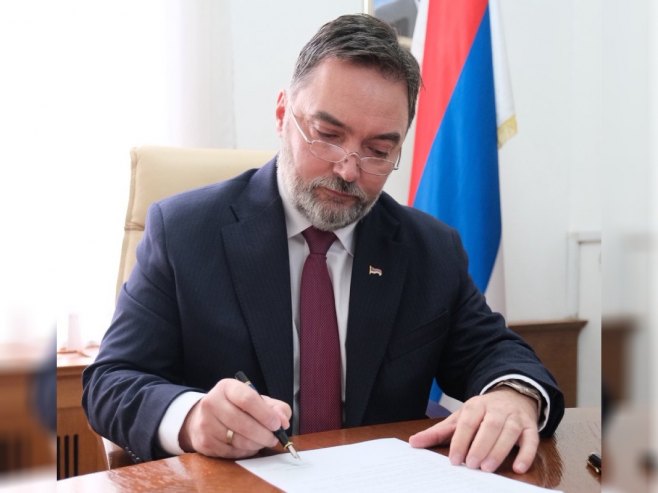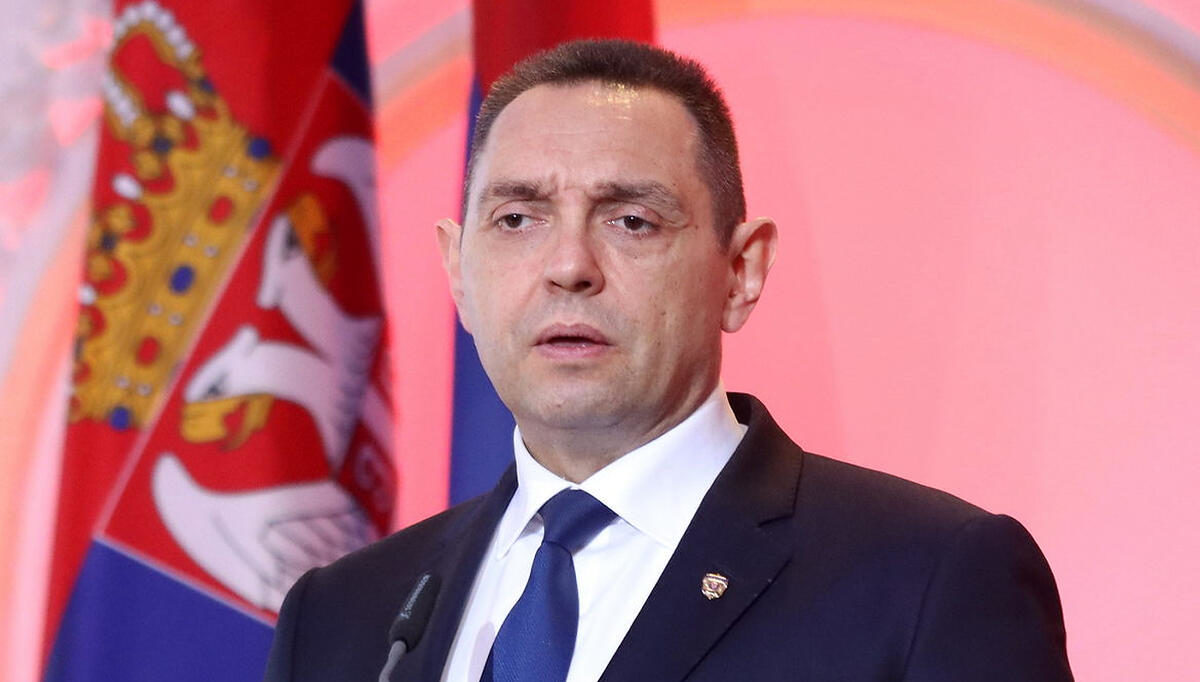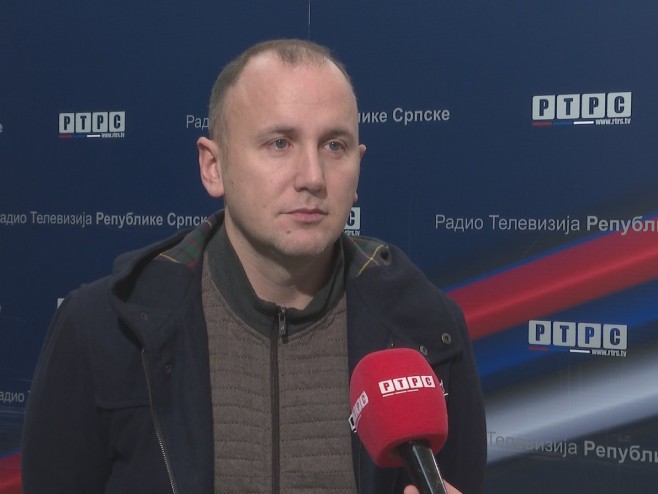Gaining candidate status, and now the announcement of the decision to open EU negotiations with BiH, are good news for our stability and perspective. Had this decision not been made, the EU’s credibility would have been greatly questioned considering previous decisions, stated Milorad Dodik, President of Republika Srpska, in an authored article.
We present the text in full:
Apologies, but granting negotiation status to Ukraine while not granting it to BiH is a mockery of the long-established accession process. It seems that a post-conflict society, which largely operates on the consensus that our path to the EU is in our interest, did not deserve negotiations after decades of effort, while a society currently operating in a war mode did. Don’t get me wrong, we have a balanced stance based on our experience and wish for the sufferings there to end soon, ideally through a political agreement, as is the end of every war. For us Serbs in BiH, the path to the EU is both an economic and national interest.
Serbia, Republika Srpska, and BiH base the majority of their economic activities through cooperation with EU members or future members. This is both natural and normal, and it’s also a matter of geography since we are located in the heart of Europe. The entire 20th century was tragic for the peoples of the Balkans, and based on those experiences, we often have different views on history, but we see the EU as a feasible common goal. For us Serbs, this goal, after a 20th century filled with great suffering, is an opportunity to live in an area without borders, with our values and national identity. Our integration into the EU should also be in its own interest. It was founded as a peace and economic project. The logic of its establishment after World War II was simple and correct.
Complicated and conflict-filled relations in Europe were resolved by prioritizing peace, better life, i.e., economy, a common economic space, and compromise, i.e., consensus. That’s why I say the EU is significant for us because BiH can function as a “mini EU”. BiH is possible when these four identical pillars are respected. All three peoples want peace, have an interest in living better, being integrated into an economic space that allows this, and can only function through compromises, i.e., consensus. Such a BiH is acceptable to Republika Srpska.
When it functions this way, we from Republika Srpska are ready to give enormous and key contributions to European integrations. Symbolically, substantively, and politically, the EU will not be complete without us. We are both a test of history and the EU’s exam. I must express gratitude and satisfaction for the understanding we have in this regard from Austria, Hungary, Italy, Slovakia, Slovenia, and Croatia as EU members.
These are countries that, in both historical and regional contexts, understand what I’m talking about. They, along with us, have had complicated relationships through history, but for which the EU was not a platform to renounce themselves. It’s unfair for anyone to demand this from us. Republika Srpska will not renounce itself. We will not give up any competencies and will not renounce the letter of Republika Srpska when they say that this is a condition for moving towards the EU. It isn’t, and we know it. We will not fall for it. Flanders or Bavaria wouldn’t agree to it either. I firmly believe we are capable of aligning legislation, but primarily we must synchronize our calendar with Europe. Europe lives in the present and is oriented towards the future. BiH, not by desire or fault of the Serbs, is trapped in the past. The civil war, even after 30 years, hasn’t ended in many minds. Hence, many policies are based on impossible ideas.
Attempts to make BiH into something it never was and can never be are the cause of many misunderstandings. You, here in Austria, could invest billions of euros and all your energy and time, but you won’t make rice fields on the Alps. One of the conditions for BiH’s progress is accepting the fact that it belongs to no one, but equally to everyone. If Schmidt tried to engage in politics in his Bavaria the same way he tries to interfere in the political life of BiH, he would have no chance. Imagine him telling his Bavarians to renounce their forests in favor of other levels of government. Thirty percent of the forests in Bavaria are owned by the Free State of Bavaria, and two percent by the Federal Republic of Germany. Or imagine him trying in his country to propose a solution that all the parliaments of local governments, states, provinces, and the federal parliament be replaced by the right of one man to make decisions instead of millions of Germans who elect people to those assemblies. They would lock him up in an asylum.
Schmidt is a completely illegitimate and illegal tourist occupying the OHR office. I think 30 years after the war, the time has come to end the interference of foreigners in our political life. It’s a humiliation of the democratic procedures we have in what should be our home. We are at the Diplomatic Academy. People who attend it know how much people without legality in international relations are worth. They’re worth nothing. Schmidt, by the way, doesn’t have legitimacy either. I’ll reveal a fact: Schmidt as Republika Srpska’s interlocutor, according to public opinion surveys, is accepted by only one percent of the people. Only one percent of the people think we have anything to discuss with him. Even if there are interests pushing further the embarrassment and existence of that man, they should know that in our democracy and for our voters, any conversation with Schmidt is unacceptable and therefore politically unprofitable for any political actor. Schmidt is a failed adventure and another argument in favor that foreigners only hinder us and that we should be left to negotiate on our own.
For us, the presence of foreigners in the Constitutional Court of BiH is absolutely unacceptable. It’s a matter of our dignity and common sense. Therefore, one of the key tasks is to return sovereignty to BiH. The EU is a community of free states, BiH with the OHR and foreign judges in the Constitutional Court is not a free and sovereign country. Since the 12th century in Europe, laws have been made by parliaments, in the 21st century in BiH, laws are imposed by one man. Since the establishment of the Constitutional Court, it dealt with interpreting the Constitution and the compliance of laws with it. In BiH, it is involved in creating laws. The Constitutional Court with foreigners is not a protector of rights but a political organ of coercion and force. Such a state is unacceptable for us. I believe it would not be accepted by any other peoples of Europe.
Source: RTRS









